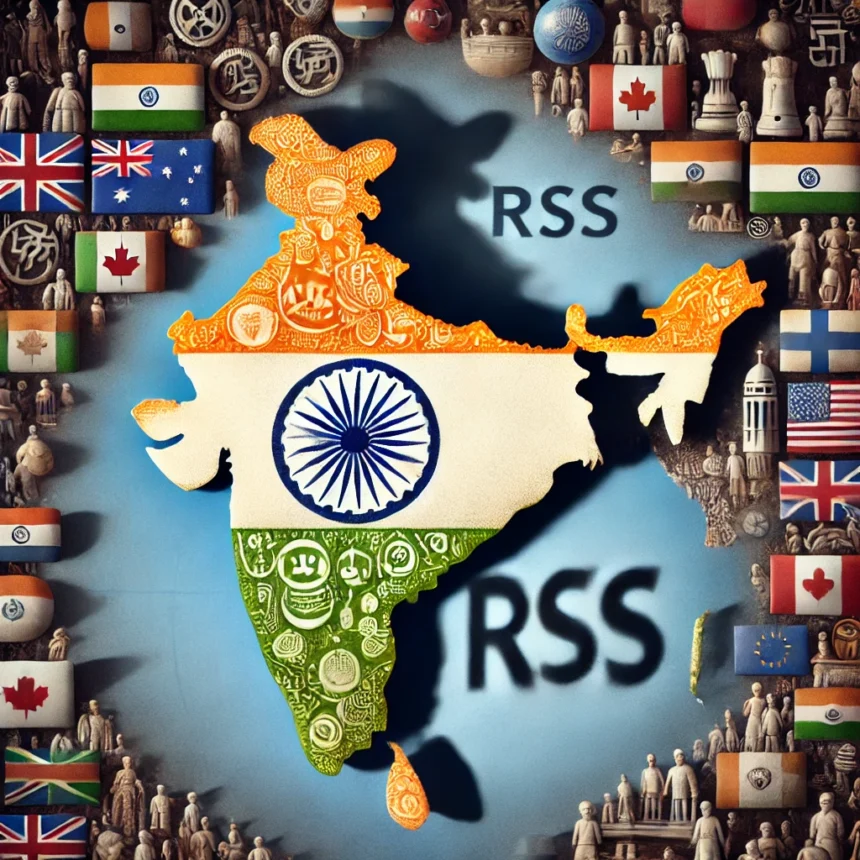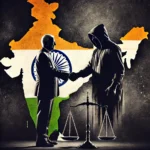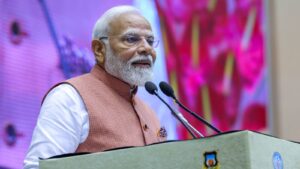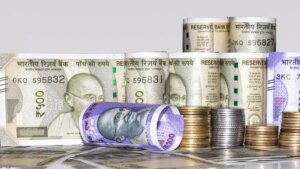India, a nation rich in cultural diversity and democratic values, has long held a respected position on the global stage. However, the recent actions of the Rashtriya Swayamsevak Sangh (RSS), a powerful Hindu nationalist organization, have been a source of controversy and are tarnishing India’s global reputation. With its influence on India’s domestic policies and increasing international scrutiny, the activities of the RSS are drawing criticism not only from human rights organizations but also from foreign governments concerned about rising sectarianism and violence.
This post explores the role of the RSS in India, its controversial activities, and the impact these actions are having on India’s image internationally.
The Role of the RSS in Indian Politics and Society
The RSS is a right-wing Hindu nationalist group that was founded in 1925. It is closely associated with the ruling Bharatiya Janata Party (BJP) and has long been involved in shaping India’s political and social landscape. The organization advocates for the establishment of a Hindu Rashtra (Hindu nation), a vision that critics argue undermines India’s secular constitution and threatens the rights of religious minorities.
Over the years, the RSS has gained a significant foothold in Indian society, with its ideologies permeating political, educational, and social institutions. However, this growing influence has also come with concerns about the rise of intolerance and communal violence.
Controversial Activities of the RSS
- Inciting Religious Intolerance
One of the most prominent criticisms of the RSS is its role in stoking religious tensions between Hindus and other minority communities, particularly Muslims. The organization has been accused of promoting a divisive agenda that often manifests in communal violence. Several reports have linked RSS-affiliated groups to incidents of mob violence, cow vigilantism, and hate crimes targeting minorities. - Influencing Educational Curricula
The RSS has played a significant role in influencing India’s educational system, often pushing for a revisionist interpretation of history that glorifies Hindu figures and downplays the contributions of other religious communities. Critics argue that this form of education fosters a narrow, exclusionary view of Indian history, which can fuel communal divisions. - International Scrutiny on Human Rights Violations
The activities of the RSS and its affiliates have attracted attention from international human rights organizations. Amnesty International, Human Rights Watch, and other watchdogs have repeatedly raised concerns about the erosion of democratic values and rising intolerance in India. In some cases, these concerns have led foreign governments to issue statements condemning religious violence and human rights abuses in the country.
How RSS Activities Are Impacting India’s Global Image
- Diplomatic Strain with Western Democracies
India’s rising status as a global power has come with increased scrutiny from Western democracies, many of which value religious freedom and human rights. Countries like the U.S. and Canada have expressed concerns over incidents of communal violence and the marginalization of religious minorities in India. The growing influence of the RSS is often seen as a contributing factor to these issues, and this has led to diplomatic tensions. Recently, for instance, Canada has been vocal about its concerns regarding RSS-linked groups, particularly with respect to Sikh and Muslim communities. - Damage to India’s Secular Reputation
India has historically been lauded as a secular democracy where multiple religions coexisted peacefully. However, the RSS’s promotion of Hindu supremacy undermines this foundational principle. International media often highlights incidents of communal violence, religious intolerance, and human rights abuses linked to the RSS, painting a negative picture of India’s commitment to secularism. - Concerns Raised by Diaspora Communities
The Indian diaspora, particularly in Western nations, has also raised concerns about the RSS’s activities. In countries like the U.S., Canada, and the U.K., where large Sikh and Muslim communities reside, there has been an increase in protests against the RSS and its affiliated organizations. These communities often lobby their host governments to take a stronger stance against what they see as the RSS’s divisive influence both in India and abroad.
The Long-Term Implications for India
The long-term impact of the RSS’s activities on India’s international standing could be significant. As global perceptions shift, India risks losing its image as a tolerant and democratic nation. Furthermore, India’s foreign relations, particularly with Western democracies that emphasize human rights and religious freedom, could suffer if the RSS continues to play a dominant role in shaping India’s policies.
India’s growing role on the world stage demands that it uphold its democratic and secular values. As the country seeks to strengthen its ties with global powers, its domestic policies and actions, particularly those influenced by the RSS, will be under increasing scrutiny.
Upholding India’s Secular Values
India’s global reputation is inextricably tied to its democratic and secular identity. As the influence of the RSS grows, so too does the risk of further damaging India’s image in the eyes of the international community. To protect its standing as a global power, India must ensure that the rights of all its citizens, regardless of religion, are respected and upheld.
As citizens, it is essential to engage in discussions about the impact of domestic policies on India’s global image and to hold accountable those who undermine the principles of democracy and secularism. A unified voice against divisive ideologies will help restore and preserve the values that have made India a respected nation on the world stage.










